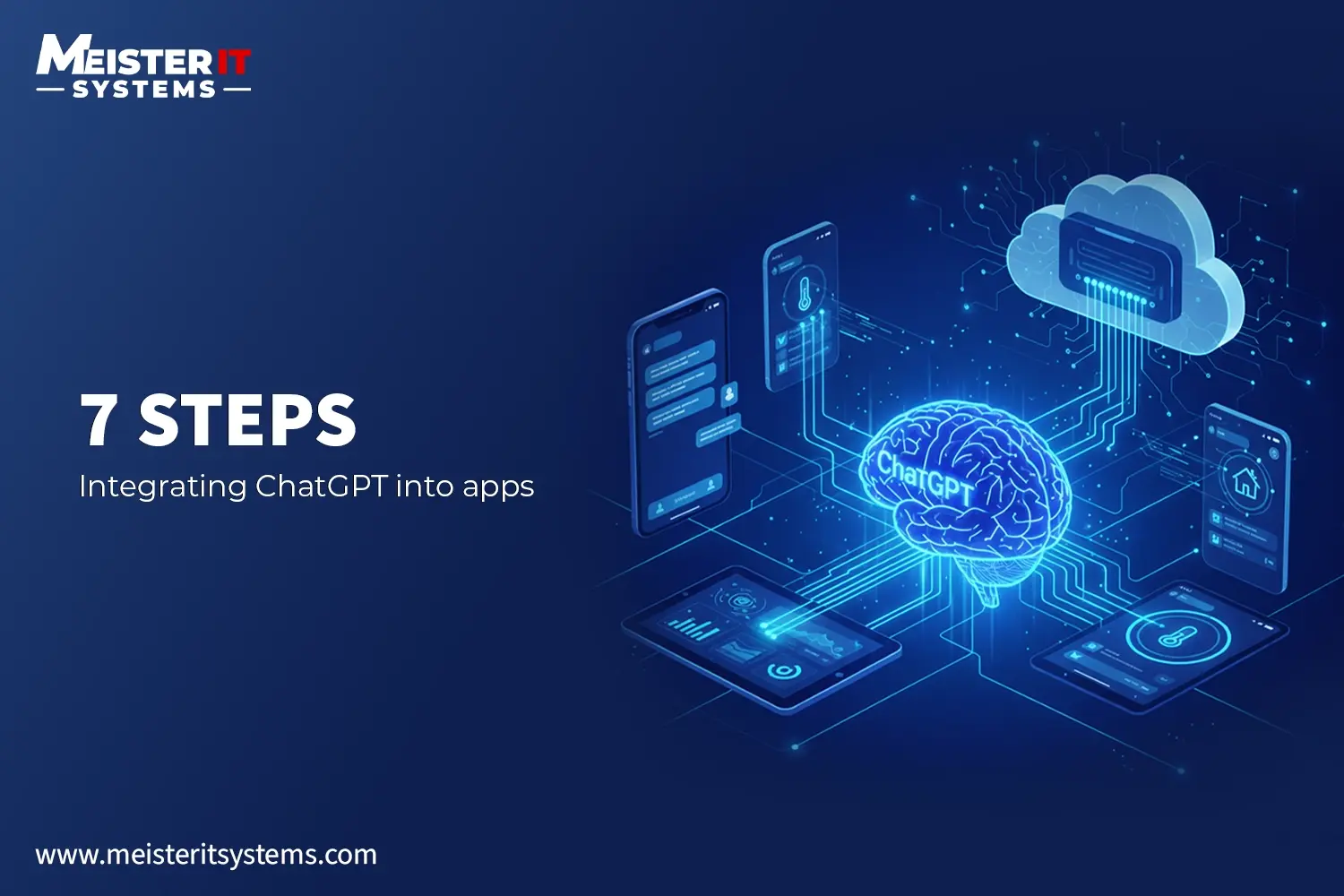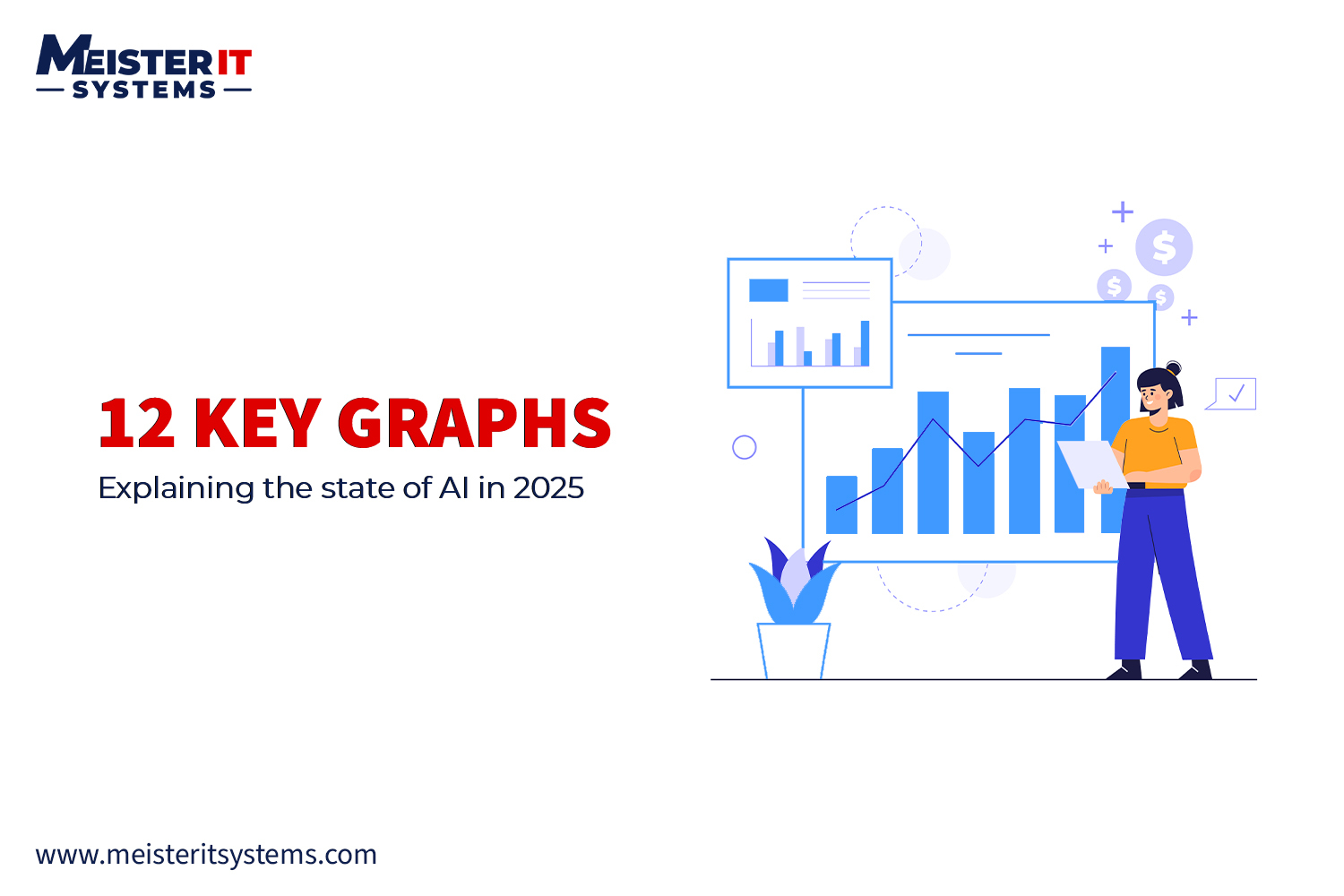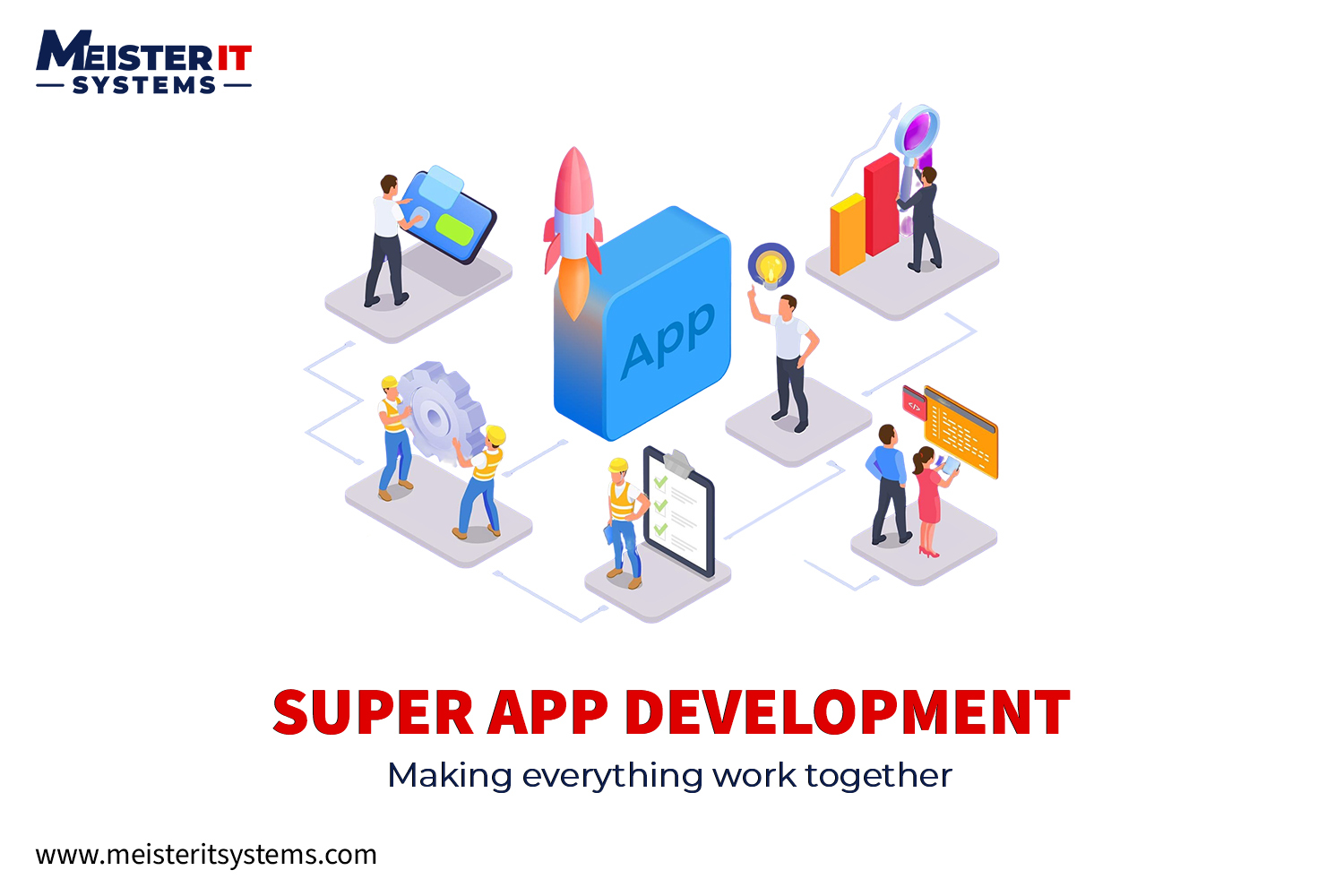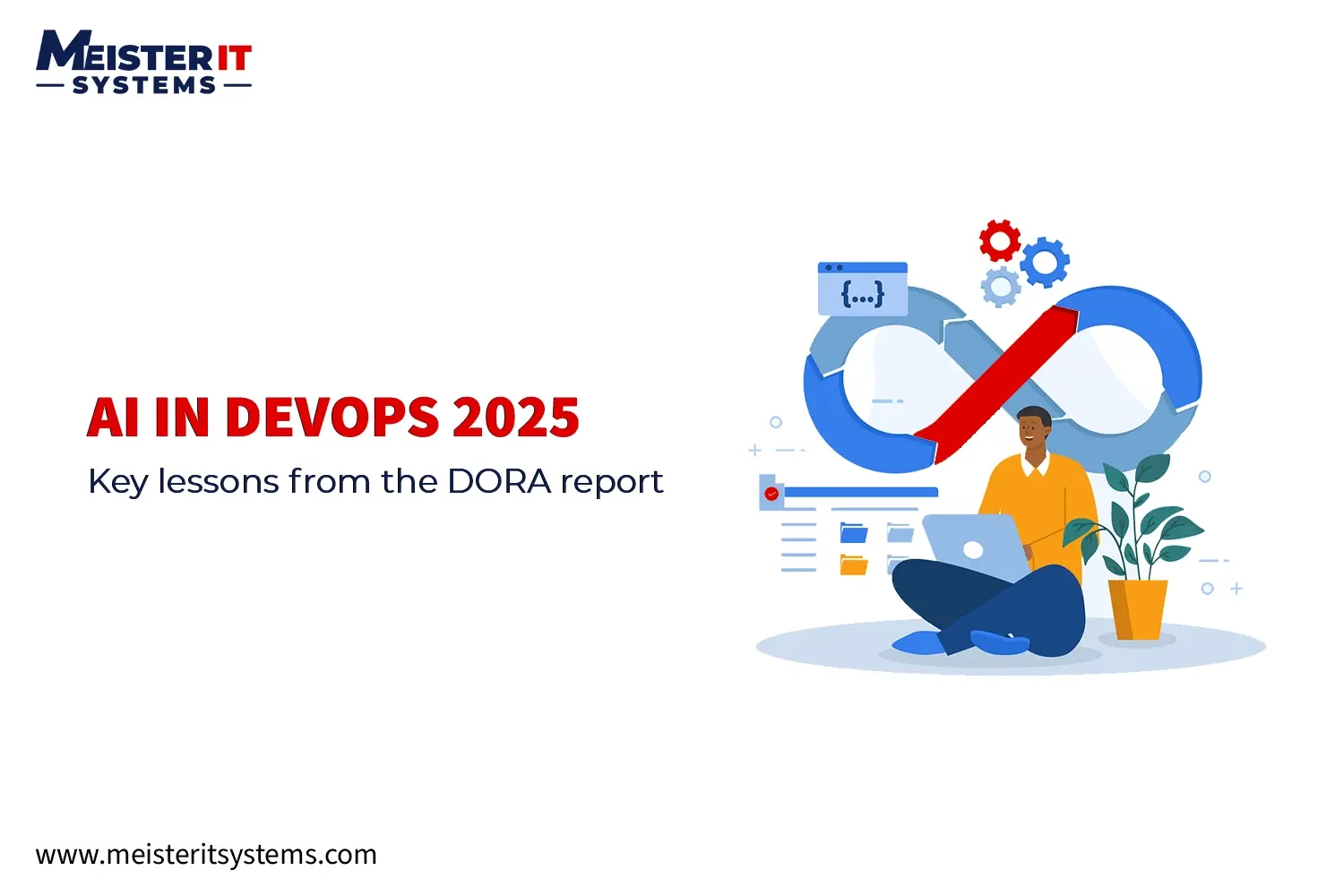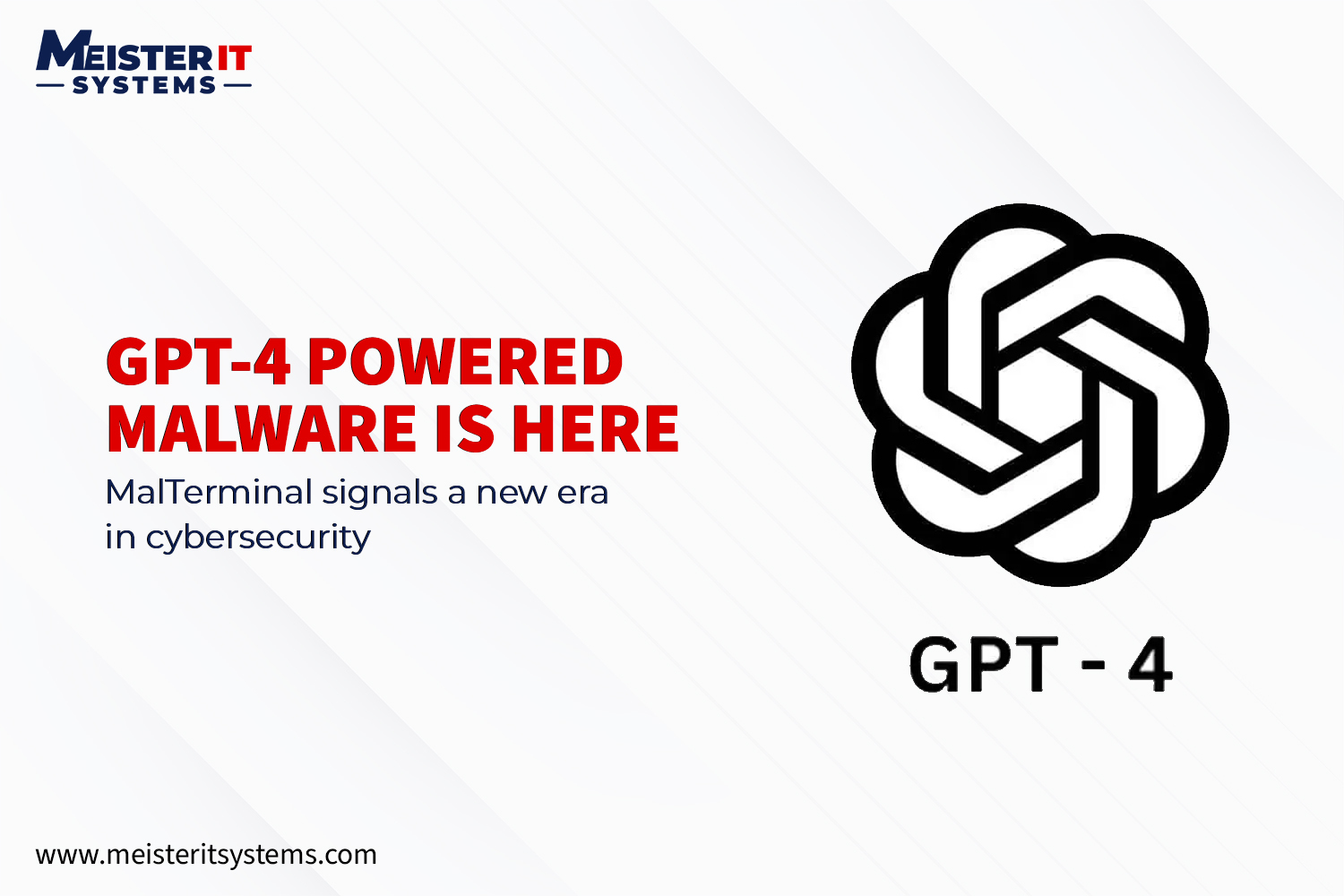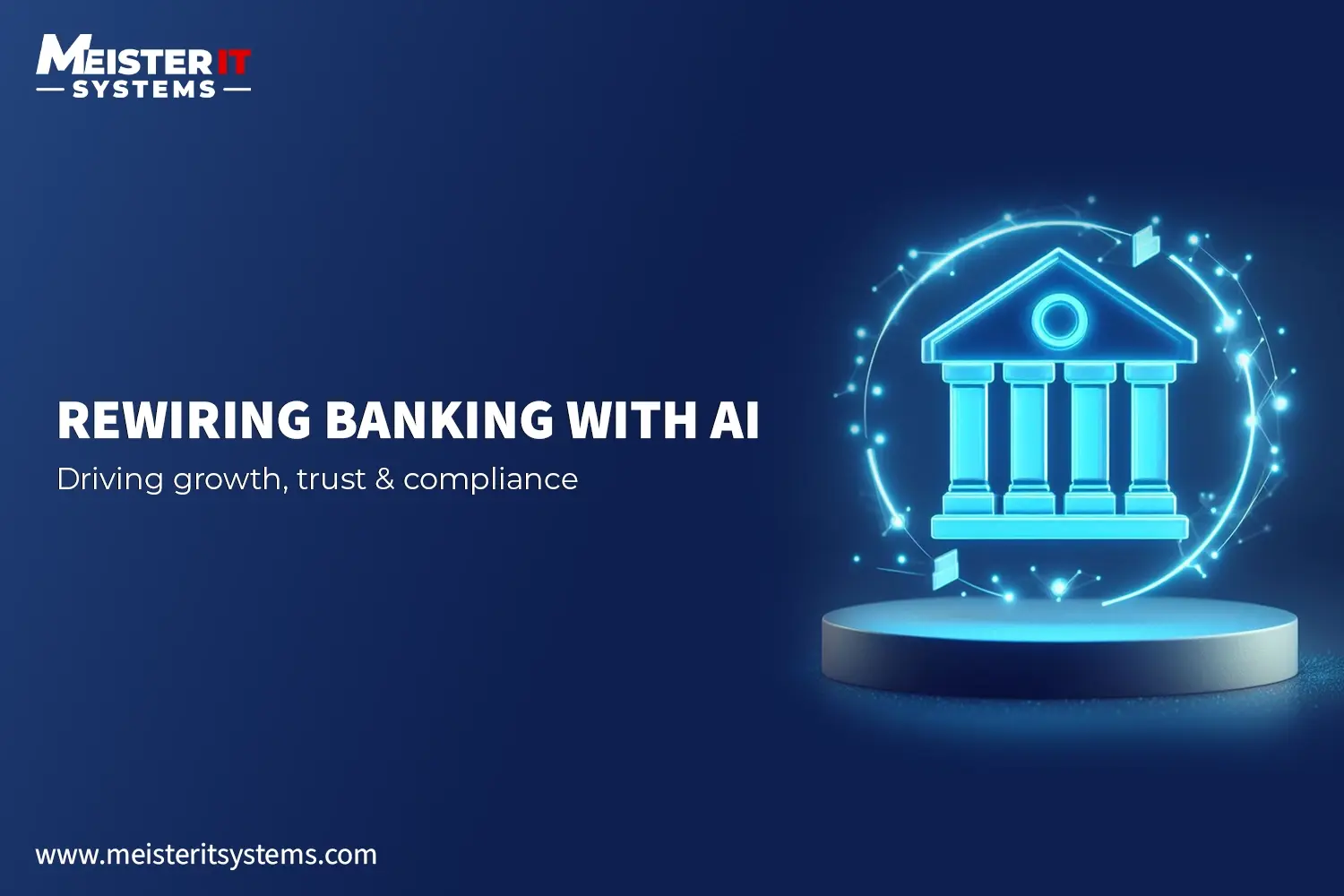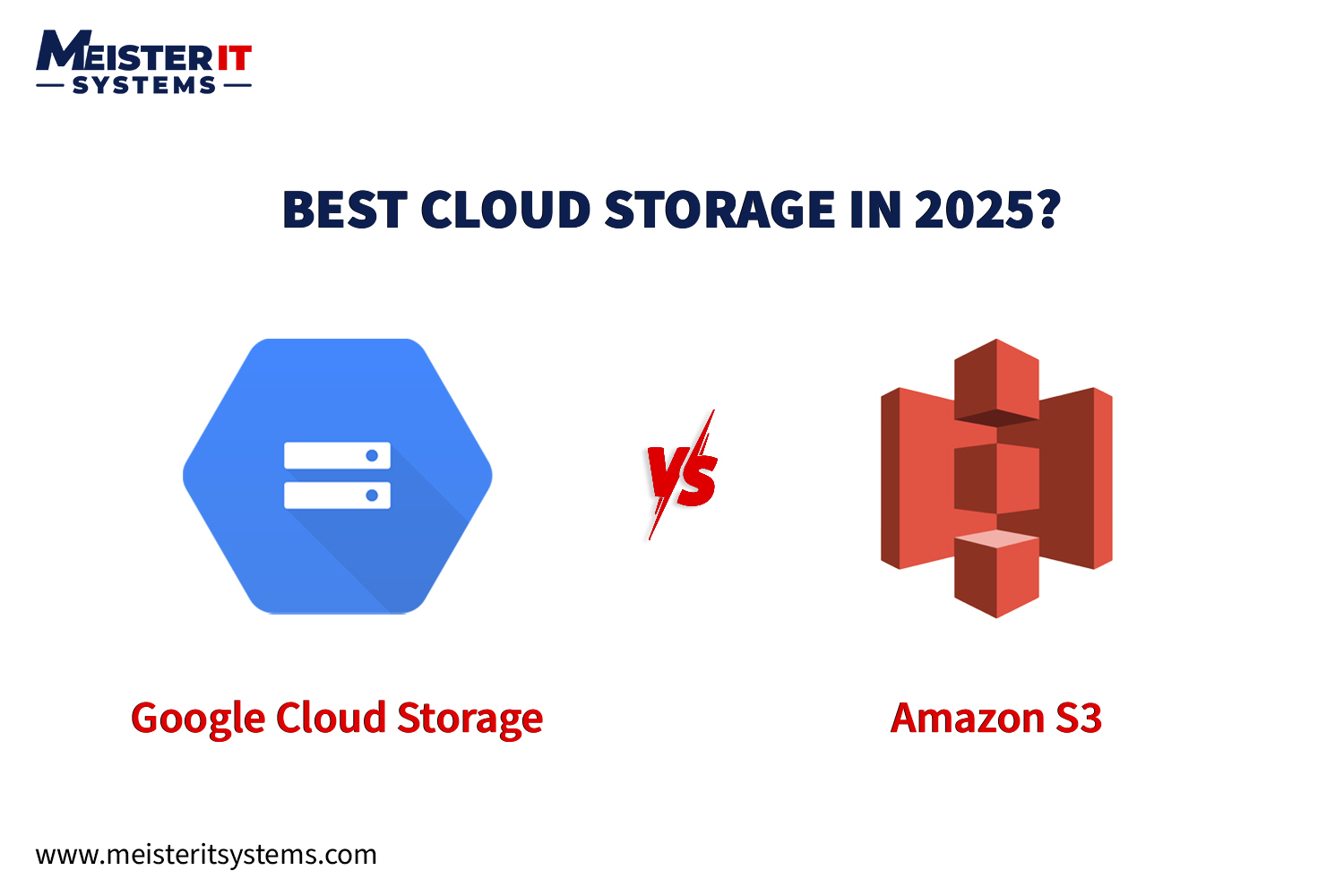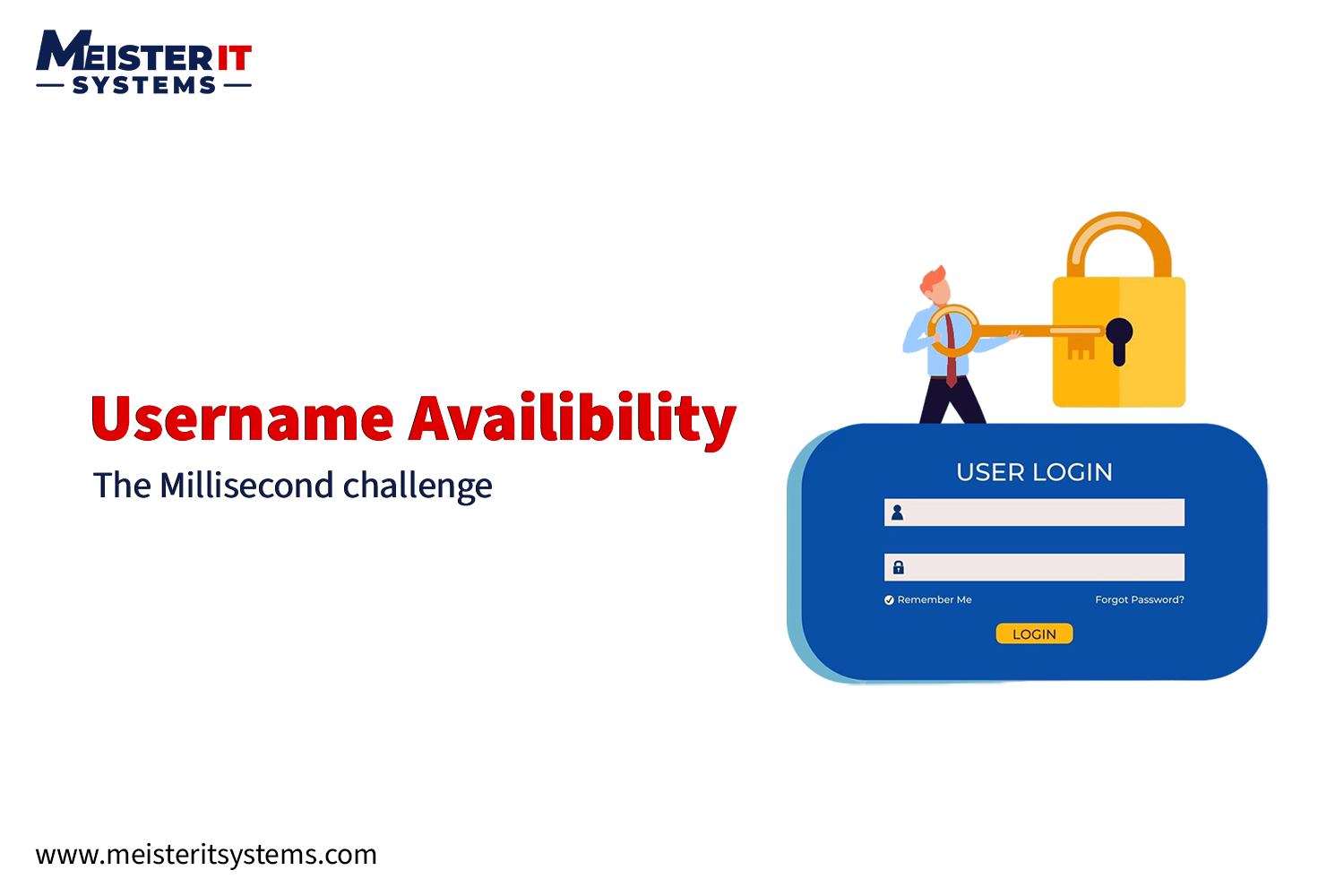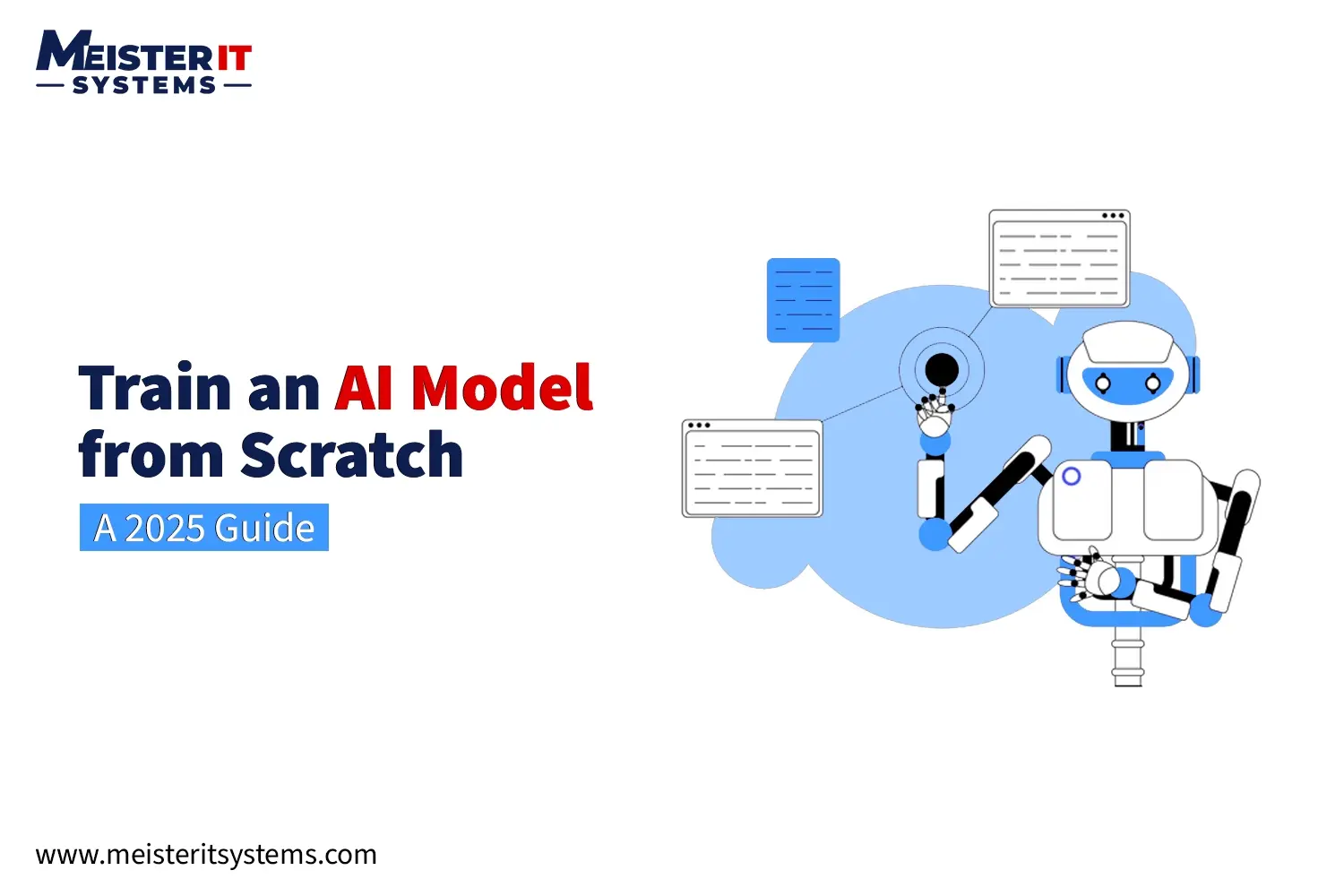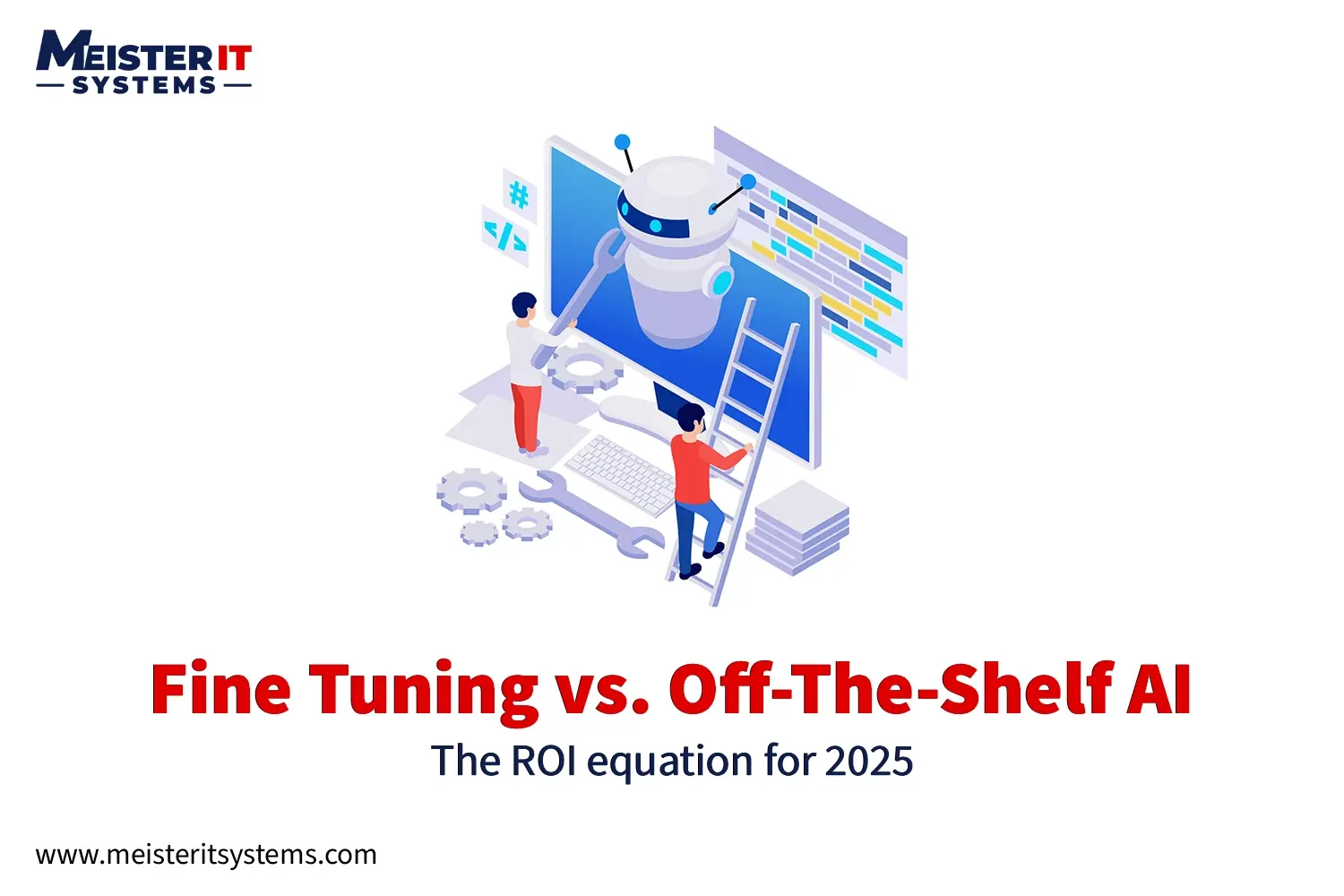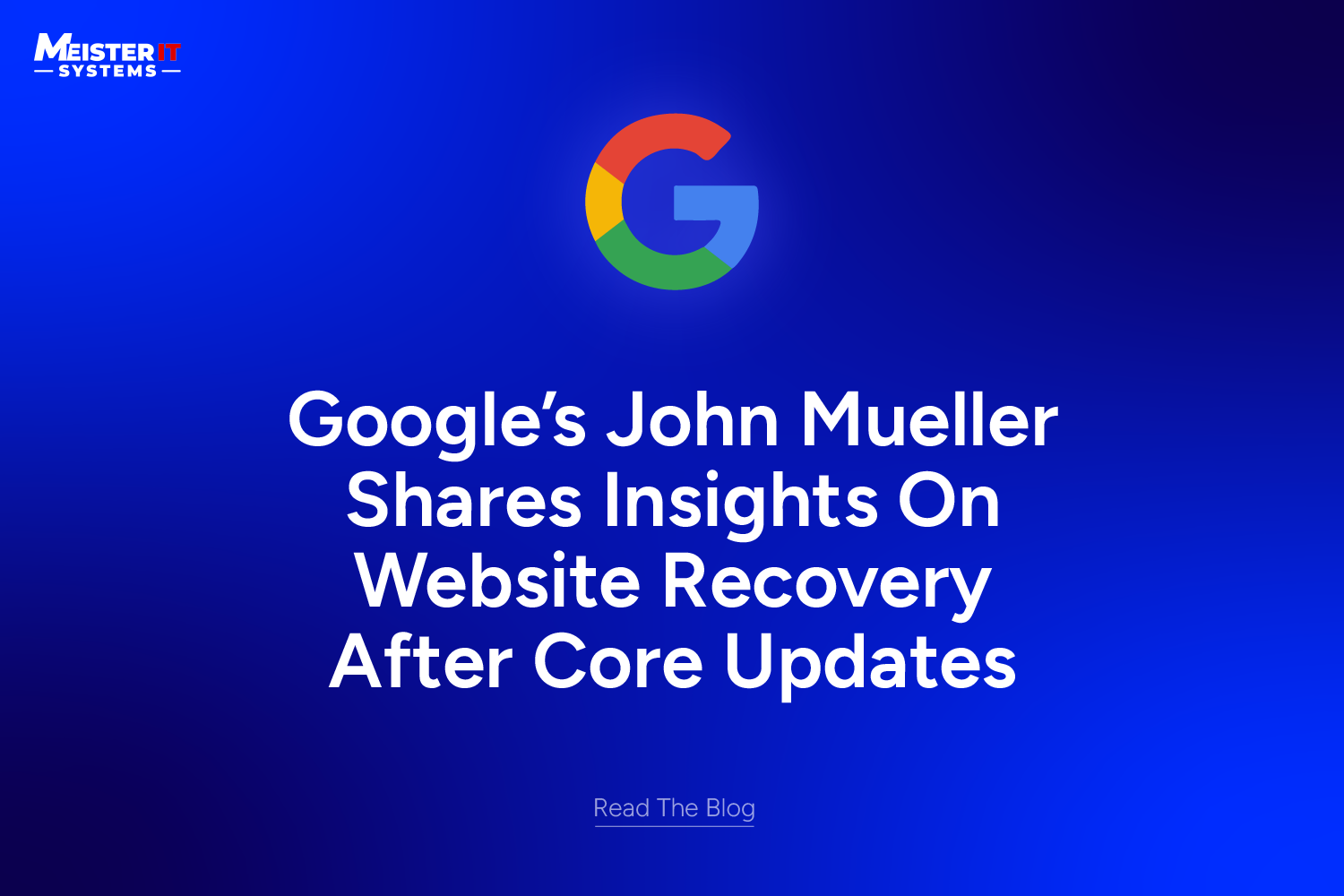
Google’s John Mueller provided valuable insights on website recovery after Google’s core algorithm updates, emphasising that while recovery is possible, the timeline remains uncertain.
Highlights
- Recovery from algorithm hits is possible but might require waiting until the next core update.
- Enhancements to your website don’t ensure you’ll regain previous rankings or visibility.
- Google’s guidance on the recovery process is somewhat opaque.
Let’s take a look at the conversation!
Website Recovery After Algorithm Hits
John Mueller offered solutions for the websites impacted by recent search algorithm updates. Jepsen started the discussion and tagged Mueller on X (formerly Twitter) asking:
Mueller stated that website recovery after getting attacked by the core algorithm is possible, but it may require waiting till future core updates. He suggested making improvements to the website and content; however, it doesn’t guarantee regaining lost rankings and visibility. Google doesn’t hold grudges against sites impacted by core updates, but recovery can be a slow process, and patience is required.
Addressing Recovery Timelines
Responding to a query on X (formerly Twitter), Mueller explained that recovery from core updates might take months, and significant changes may require another update cycle. He emphasised that the ranking process is complex, and while site improvements are essential, they’re not a guaranteed pathway to recovery.
@JohnMu Google has previously said Google doesn't hold a grudge and sites will recover once issues have been solved. Is that still the case after HCU?
— Thomas Jepsen (@JepsenThomas) April 29, 2024
Mueller referenced a Google help document explaining that broad core updates occur every few months, and recovery might not happen until the next core update. However, rankings aren’t guaranteed in search results because ranking is based on content quality and relevance.
Recovery After Specific Updates
Mueller indicated that each case is unique and generalized answers might not be helpful. Regarding sites impacted by the “Helpful Content Update” (HCU), he mentioned that while core updates may be necessary for recovery, other factors, like content quality and technical site improvements, play a role. He acknowledged that site migration issues could also affect search rankings, further complicating the recovery timeline.
Thanks for the reply. Is a core update what's needed for HCU-affected sites to recover (assuming they've fixed their issues)?
— Thomas Jepsen (@JepsenThomas) April 29, 2024
However, the thread explode with comments when @selectgame user raised some concerns about Google Discover traffic.
What about the Google Discover ? Google launch a update, and some bloggers still have zero traffic since october from last year =(
Why editors don't have more information about this in Search Console ? We don't have ANY information about the site bans =( pic.twitter.com/nDRGyBaezE
— Select Game (@selectgame) April 29, 2024
Frustrations and Concerns
SEO professionals expressed their frustrations regarding the uncertainty and lack of clear guidance from Google. Lily Ray, a prominent industry figure, noted that many sites significantly affected by the March Core Update have seen further declines despite making significant improvements. Mueller acknowledged that recovering from algorithm updates could be challenging and time-consuming.
Key Takeaways
- Making significant site and content improvements can eventually lead to recovery, but patience is required.
- Recovery could take months and may require a future core algorithm update.
- While recovery isn’t guaranteed, producing high-quality content is essential for improved rankings.
- Reach out for support if needed: If you’re experiencing prolonged site migration issues, contacting Google may provide additional guidance.








